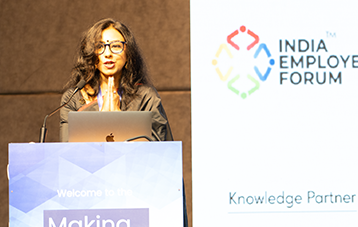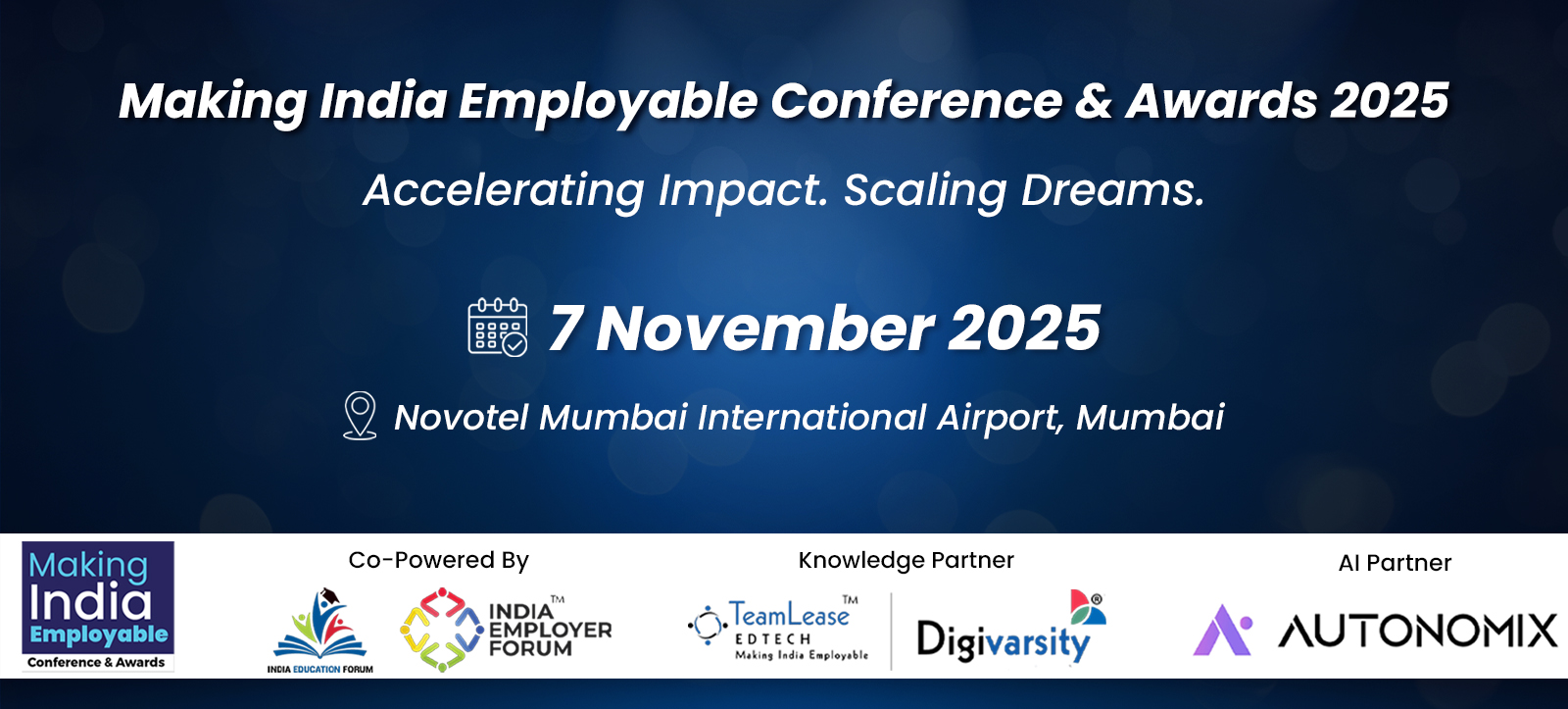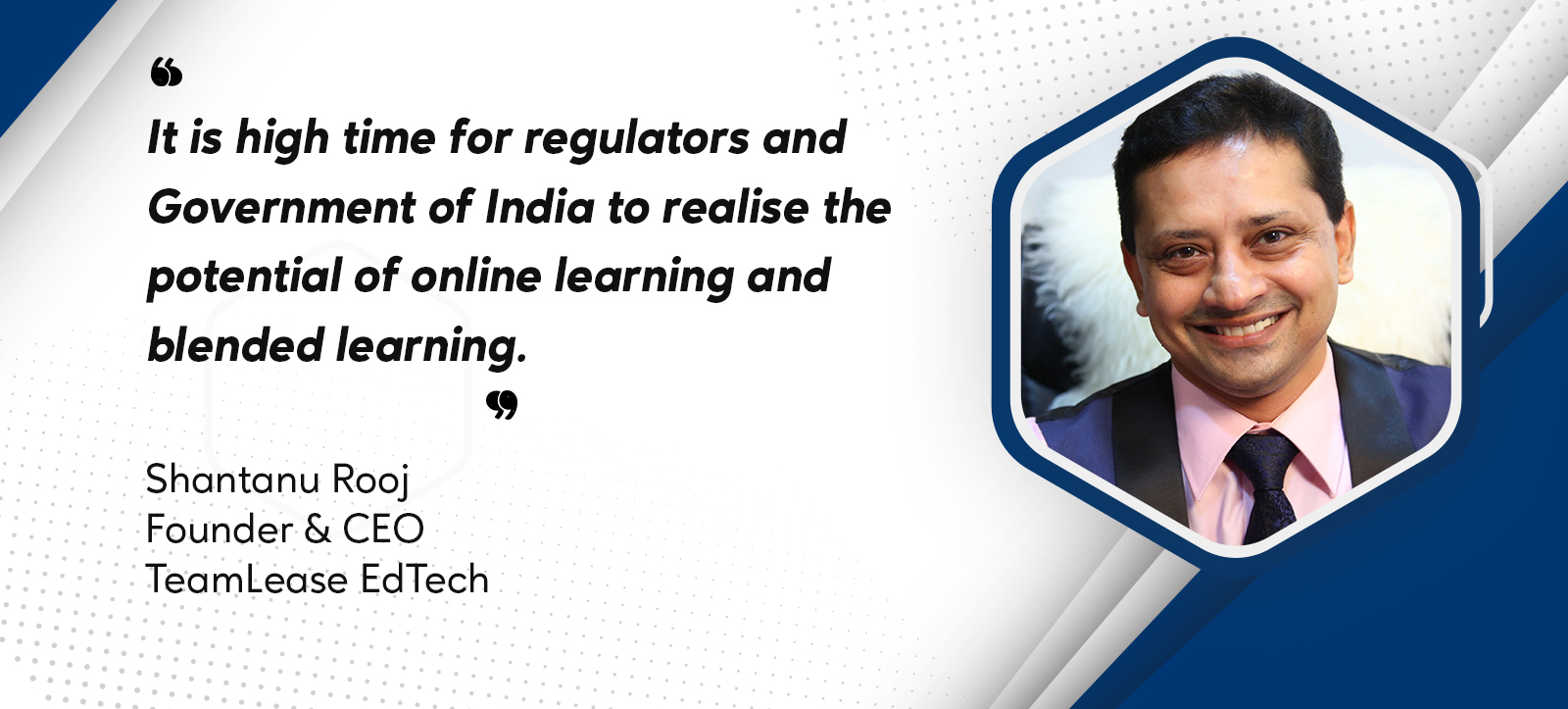News

Kavita Rooj, Honorary Editor, India Education Forum
Kavita Rooj, an esteemed alumnus of the Banaras Hindu University (BHU) and Columbia Business School, brings to the India Education Forum (IEF) an unparalleled blend of academic excellence and practical insight, honed over two and a half decades of strategic leadership in the IT and Education sectors.
View MoreWhy India Education Forum?
Empowering Future Universities
IEF stands as a beacon of optimism, uniting all stakeholders to shape the future of higher education. Together, we are crafting ideas that not only focus on offering world-class education but also foster innovation, ensuring a brighter tomorrow.
Inclusive Discourse, Transformative Impact
At IEF, we ignite engaging debates and discussions on the challenges and prospects within India's higher education landscape. By actively participating in consultative mechanisms, we sow the seeds of positive change that will flourish into a stronger education system.
Nurturing Innovation in Education
IEF is the nurturing ground for fresh ideas and groundbreaking paradigms in higher education. As we work towards building an appropriate framework, we encourage the birth of innovative concepts that will elevate learning experiences and opportunities.
Forging Pathways to Global Prestige
Our collective efforts at IEF are a driving force behind the creation, evolution, and elevation of higher education institutions that embody global excellence. Together, we are scripting India's journey to join the ranks of developed nations, powered by an agile, innovative, and world-class higher education system.
Fostering Collaborative Excellence
IEF is a catalyst for collaborative excellence, bringing together policymakers, educators, and stakeholders to nurture quality standards and strategic alignment. By fostering synergy and addressing crucial aspects, we shape a higher education landscape that's resilient, inclusive, and forward-looking.
Crafting Industry-Ready Graduates
With an unwavering focus on employability, IEF envisions an education system that nurtures skills aligned with industry needs. By fostering a symbiotic relationship between academia and the corporate world, we empower graduates to step confidently into the professional realm.

Articles
From insightful pedagogical analyses to thought-provoking discussions on educational policies, explore the comprehensive collection of meticulously curated articles, delving into the diverse realms of education.

Interviews
Explore insightful dialogues with prominent voices from the realm of education in India. This section delves into the perspectives, innovations, and challenges shaping the future of education, offering a comprehensive platform for informed discourse.

Reports
Explore the comprehensive array of reports for insightful analyses, data-driven research, and thought-provoking perspectives on India's education landscape, curated by experts in the field.
















